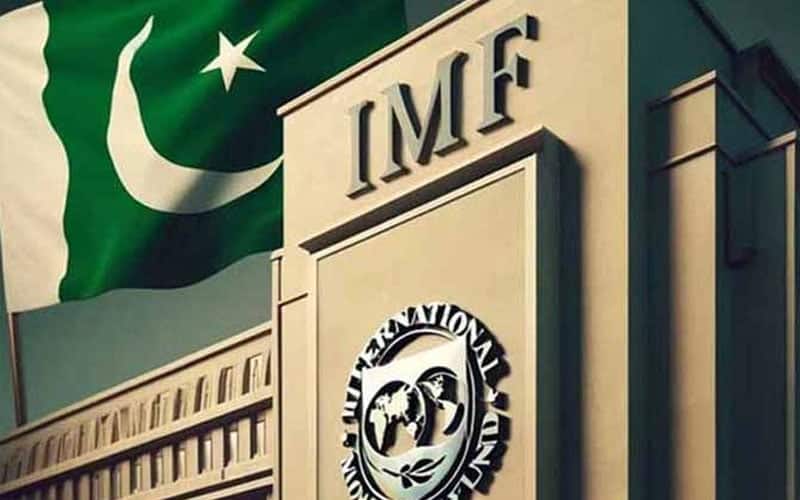An International Monetary Fund (IMF) mission has concluded its visit to Pakistan, announcing “remarkable progress” towards a staff-level agreement. The talks were focused on completing the reviews of Pakistan’s economic program supported by the IMF’s Extended Fund Facility.
The delegation, led by Nathan Porter, held discussions in Islamabad and Karachi from September 24 to October 8. These discussions centered on the second review under Pakistan’s current loan program.
According to a statement from the IMF, the program is being implemented according to the government’s commitments. Significant progress was reported on several key issues, including measures to support the rehabilitation of flood victims while maintaining fiscal discipline. The talks also covered the need for a prudent monetary policy to bring inflation back within the State Bank of Pakistan’s target range.
Other critical areas of discussion included ongoing reforms in the energy sector, plans to reduce the footprint of government institutions, and efforts to strengthen transparency and governance. The IMF noted that policy-level discussions will continue in the coming days to resolve the remaining issues and finalize the agreement.
Also read;Pak-IMF talks: Energy sector under spotlight as circular debt tops agenda
The new financing deal includes restructuring Rs660 billion in old loans and securing Rs565 billion in fresh credit. Talks with private power producers are underway, with surplus electricity expected to be diverted to industry and crypto mining.
The IMF urged faster governance reforms in power distribution companies (DISCOs). Officials reported progress on privatising three profitable units and said loss-making firms would be handed to private management in coming months.
Revenue performance
The IMF also reviewed Pakistan’s tax record. The Federal Board of Revenue (FBR) reported collections of Rs11.74 trillion in FY24, short of the Rs12.97 trillion target. Officials blamed sluggish economic activity, last year’s floods and unresolved tax cases worth more than Rs250 billion.
Despite the shortfall, Pakistan posted a primary surplus of Rs2.4 trillion—the highest in 24 years—and capped the fiscal deficit at 5.4% of GDP. The number of income tax filers rose from 7 million to 7.7 million.





